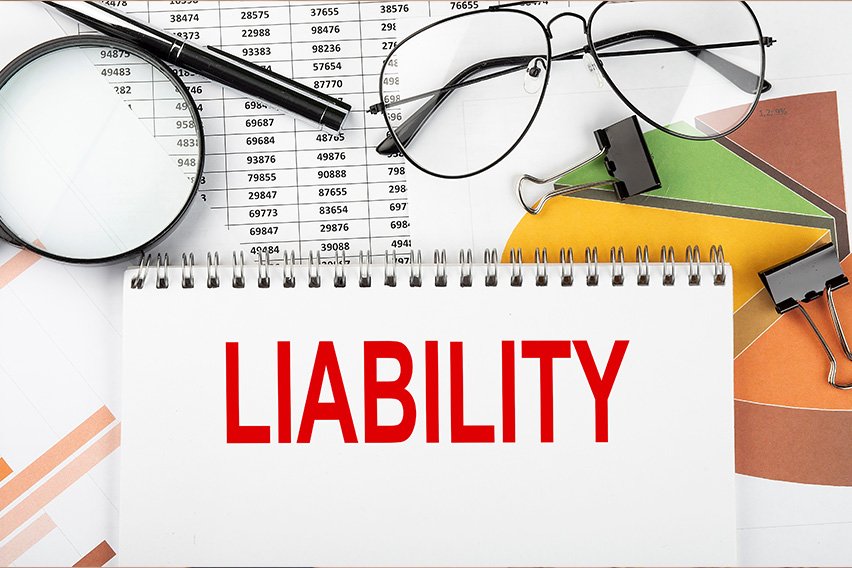7 Questions About How Accounts Receivable Financing Works

Accounts receivable financing allows companies to receive loans on their outstanding invoices. It is a powerful tool that helps businesses, both large and small, avoid cash flow problems and provides them with resources to achieve business growth.
What this article covers:
- What Is Accounts Receivable Financing?
- How Are Account Receivables Classified?
- How Does Accounts Receivable Financing Work?
- What Is Account Receivable Factoring Financing and How is It Different?
- Why Should I Consider Accounts Receivable Financing?
- Can I Get Accounts Receivable Financing with Bad Credit?
- What Are the Benefits of Accounts Receivable Financing?

What Is Accounts Receivable Financing?
Accounts receivable financing allows small businesses to receive funding for their business and other expenses while waiting for their invoices to get paid. In simple terms, this line of credit turns your account receivables – including outstanding invoices or money owed – into immediate cash for the business.
In this case, the accounts receivable company advances a lump sum of money based on the money you are owed for the services completed. The business invoices serve as a collateral for the cash advance.
The company also charges a fee which can vary from 1 percent to 5 percent based on the invoice amount, customer’s creditworthiness and sales volume. Once the customer pays off the invoice, the lender pays the company the remaining balance – minus the factoring fees.
How Are Account Receivables Classified?
On a company’s balance sheet, the account receivable is the money owed to a company by clients who have availed services on credit. It refers to the payment that has not been realized and refers to the credit line the company has extended to its clients. They are classified as current assets.
How Does Accounts Receivable Financing Work?
- Your small business has $10,000 in account receivables (A/R).
- You apply for funding with an accounts receivable company by submitting invoices and other related documents.
- The lender funds 80% of the invoice, approximately $8,000 (the percentage is based on various factors such as your industry and the customer’s credibility).
- You use the funds to cover your business expenses such as payroll, purchases and rent.
- The lender charges a weekly fee until the customer pays the invoice.
- The client pays the invoice directly to the lender. The lender, in turn, pays you back the remaining amount after deducting their fees.
What Is Account Receivable Factoring Financing and How Is It Different?
Although the terms are often used interchangeably, account receivable factoring is not the same as account receivable financing.
Under a factoring contract, the receivables are sold off to the account factoring company. Once you provide the factoring company with your invoices, they decide which ones they want to finance. They are also in charge of the collection process and are responsible for collecting payments from the customers.
While in accounts receivables financing, the receivables are used as collateral for the loan. In this case, you still deal directly with your customers and are responsible for collecting payments for the invoices.
Why Should I Consider Accounts Receivable Financing?
Almost every small business owner has received a late payment for their invoice at some point. However, when the debtors fail to pay and these invoices start piling up, it could signal trouble for your business.
A study by Fundbox found that if all the invoices were paid on time, small businesses across the U.S. could hire an additional 2.1 million incremental employees and reduce unemployment in the United States by 27 percent.
Unfortunately, it is often difficult for small businesses to obtain traditional bank loans, which require collaterals, a solid credit score and a capital need of more than $100,000. Moreover, these long-term business loans may not be an option for every business type.
Invoice financing is a practical and convenient alternative that is best suited to small business owners and entrepreneurs who
- Are faced with a short-term cash flow gap (30 – 90 days)
- Need cash reserves for a business opportunity or seasonal demands
- Are expanding rapidly
- Need help to pay regular business expenses
- Want to make improvements to their businesses

Can I Get Accounts Receivable Financing with Bad Credit?
You can apply for invoice financing with poor credit. The accounts receivable company would look at the credit standing of the customers to determine if you qualify for the loan and the rate of your loan.
It is important to note that if the risk of non-payment is too high, the financing may be declined. This is why it is important to get credit reports from customers – especially when there are high-value projects involved.
What Are the Benefits of Accounts Receivable Financing?
Accounts receivable financing is a good option for businesses facing cash flow hiccups. Some key benefits include:
- Quick approvals and funding
- Collaterals are not needed
- Minimal paperwork and easy application process
- No long-term contracts to sign
- Aids in smoother cash flow and eases financial planning
- Flexibility to choose the timing and amount of financing
It is advisable for companies to note that the fees and interest on accounts receivable financing may higher than other lines of credit.
When choosing an account receivable financing provider for your business, it is important to learn more about their rates and ensure the fees are not too high. You need to also make sure that you understand how much you are being paid upfront.
RELATED ARTICLES

 What Is the Cost Recovery Method? With Definitions and Examples
What Is the Cost Recovery Method? With Definitions and Examples Job Costing: What It Is & How To Calculate It
Job Costing: What It Is & How To Calculate It Overhead Cost: Definition, Types, and Examples
Overhead Cost: Definition, Types, and Examples Small Business Accounting 101: A 10-Step Guide for Financial Success
Small Business Accounting 101: A 10-Step Guide for Financial Success How to Increase Profit Margins: Top 5 Ways to Increase Your Small Business’s Revenue
How to Increase Profit Margins: Top 5 Ways to Increase Your Small Business’s Revenue How To Calculate Liabilities: A Step-by-Step Guide with Formulas
How To Calculate Liabilities: A Step-by-Step Guide with Formulas